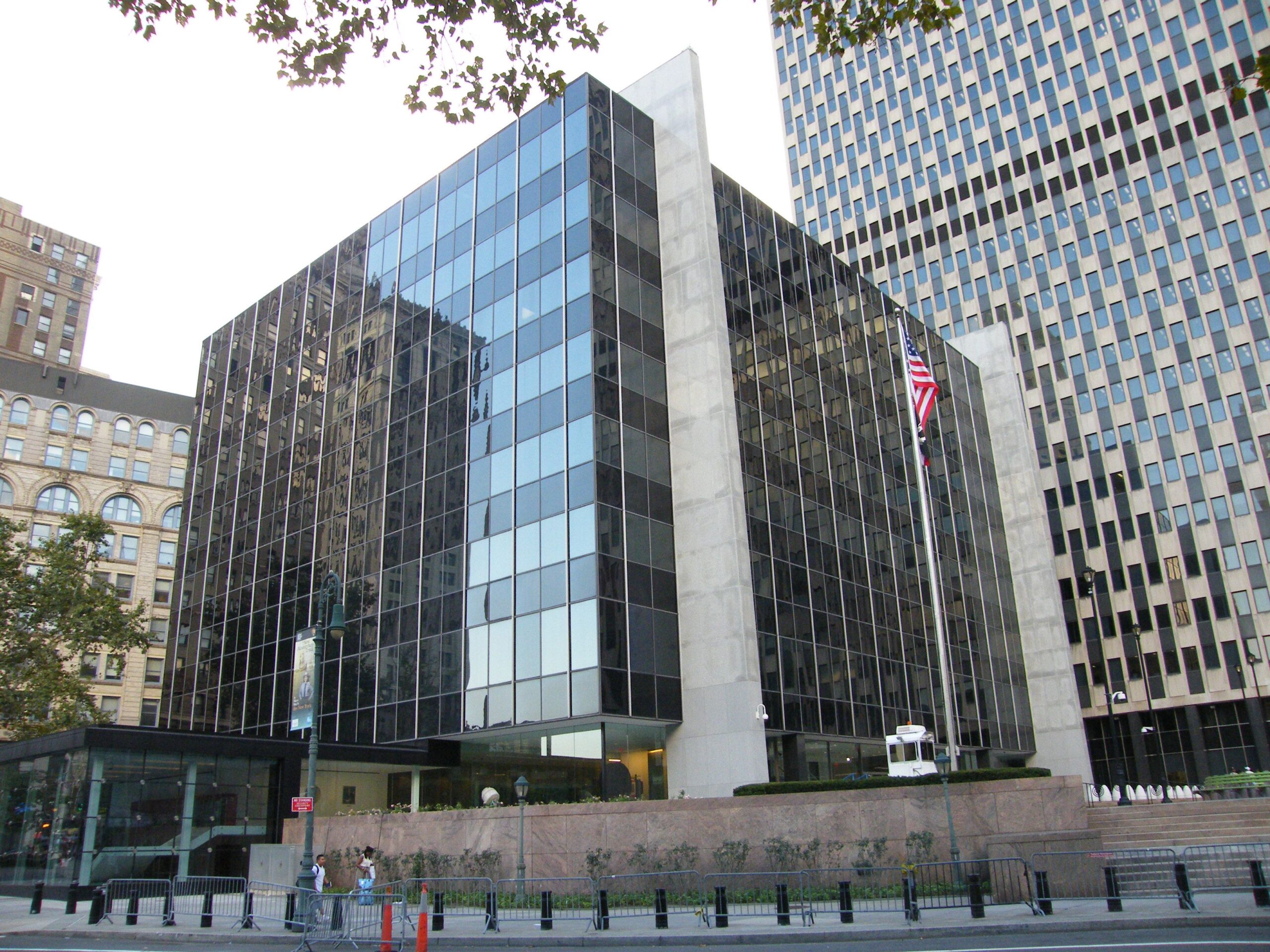Crypto exchange EDX Markets has reported impressive trading activity in 2024, with over $36 billion in volume generated since January from institutional clients. The exchange has experienced significant growth, particularly in the third quarter, with its average daily trading volume increasing by 59%. This surge is largely attributed to its robust platform designed to meet the needs of institutional investors. In October alone, EDX’s proprietary matching engine processed over 2 million trades and more than 2.6 billion orders, highlighting its efficiency and scalability.
Founded in 2022, EDX Markets was established to bridge the gap between traditional finance and the emerging digital asset space. It is supported by some of Wall Street’s most influential firms, including Charles Schwab, Citadel Securities, Fidelity Digital Assets, and Sequoia Capital. The exchange primarily caters to institutional clients, such as brokers, market makers, and other large financial institutions, offering digital asset solutions integrated with the expertise of traditional banking.
Catering to Institutional Investors
EDX Markets’ market debut came at a time when the crypto industry was still reeling from the collapse of FTX and facing heightened scrutiny from the U.S. Securities and Exchange Commission (SEC). The timing was pivotal, as the exchange launched amidst intense regulatory pressure on retail-focused crypto platforms like Binance and Coinbase. EDX’s focus on institutional clients sets it apart, as the company positions itself as a trusted platform for large-scale traders and investors seeking secure and compliant access to the crypto market.
The exchange’s emphasis on integrating traditional financial services with digital asset offerings speaks to its broader goal of legitimizing crypto markets for institutional participation. EDX aims to combine the security, compliance, and reliability of established financial institutions with the innovative potential of cryptocurrencies, making it an attractive platform for major market players.
Institutional interest in digital assets has been on the rise, and EDX’s success underscores the growing appetite for crypto among traditional investors. According to a recent report by The Economist, sponsored by OKX, institutional investors are projected to increase their digital asset allocations to 7% of their portfolios by 2027. Currently, most asset managers dedicate between 1% and 5% to digital assets, but the trend is shifting as more institutions recognize the long-term potential of cryptocurrencies.
As institutional demand for digital assets grows, crypto firms have been adapting their services to meet the specific needs of these clients. Services like trading, clearing, and custodianship are increasingly in demand. In response to this, Ripple launched its digital asset custody service for banks and fintech companies in October 2023. Additionally, major exchanges like Coinbase have rolled out specialized products, including crypto lending services for institutional investors in the U.S.
The growing interest in crypto from institutional investors has also prompted traditional financial institutions to enter the digital asset space. In October 2022, BNY Mellon, the oldest bank in the United States, launched a custody platform to allow institutional clients to store their Bitcoin (BTC) and Ether (ETH) holdings securely. This move marked a major milestone in the mainstream acceptance of cryptocurrencies as legitimate financial assets.
Germany’s DZ Bank, the third-largest bank in the country, followed suit by introducing a similar custodian service in November 2023. The service is designed to meet the needs of institutional investors looking for secure, compliant solutions to manage their crypto assets. These moves by traditional financial institutions are indicative of the increasing institutionalization of the crypto market, as more established players recognize the value of incorporating digital assets into their portfolios.
State Street, one of the world’s largest asset managers with approximately $4.3 trillion in assets under management, is also working on developing its own digital asset service. The platform will offer tokenization, node management, and custodial services, further emphasizing the growing integration of digital assets into traditional financial services.
| Institution/Service | Date | Description |
|---|---|---|
| EDX Markets | 2022 | Focuses on institutional clients with $36B in trading volume |
| Ripple Digital Asset Custody | October 2023 | Launched custody services for banks and fintech firms |
| BNY Mellon Custody Platform | October 2022 | Allows institutional clients to securely store Bitcoin and Ether |
| DZ Bank Custody Service | November 2023 | Introduced custodian services for institutional investors |
| State Street Digital Assets | Upcoming (2024) | Plans to offer tokenization, node management, and custodial services |
The Path Toward Regulatory Clarity and Mainstream Adoption
EDX Markets’ recent success highlights a significant trend in the crypto industry — the increasing involvement of institutional investors. As more traditional financial institutions adopt digital asset services, the demand for secure, regulated platforms grows. However, regulatory clarity remains a major hurdle for the industry. As institutional investors seek to enter the market, clear guidelines and compliance frameworks will be essential to ensure the growth and stability of the crypto space. The collaboration between traditional financial institutions and crypto firms like EDX Markets represents a promising path forward, allowing the crypto industry to mature and gain the confidence of institutional players.











